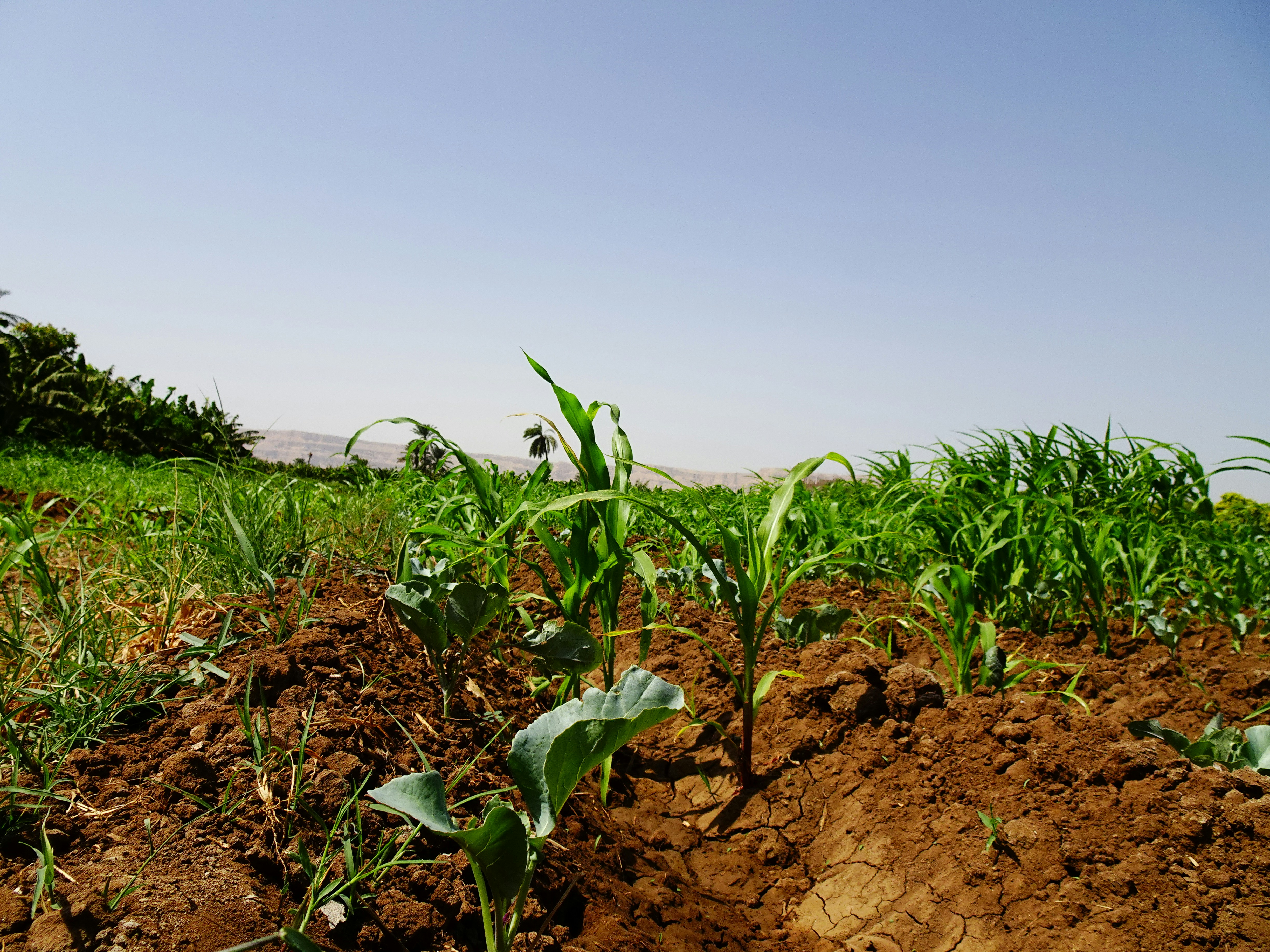Organic farming represents a holistic approach to agriculture that prioritizes soil health, biodiversity, and sustainable practices over short-term yields. The benefits of this approach extend far beyond just the absence of synthetic pesticides and fertilizers.
Environmental Benefits
Organic farming methods contribute significantly to environmental protection:
- Enhanced soil health and reduced erosion through cover cropping and minimal tillage
- Increased biodiversity, supporting pollinators and beneficial insects
- Improved water quality by eliminating synthetic chemical runoff
- Lower energy consumption compared to conventional farming
- Reduced greenhouse gas emissions and increased carbon sequestration
Health Benefits
Research continues to highlight the advantages of organic produce:
- Higher levels of certain antioxidants and beneficial compounds
- Reduced exposure to synthetic pesticide residues
- Lower levels of cadmium, a toxic heavy metal that accumulates in the body
Economic Sustainability
While yields may be lower in some contexts, organic farming offers economic advantages:
- Premium prices for certified organic products
- Reduced input costs after initial transition period
- Greater resilience to climate extremes and market fluctuations
- Local economic benefits through diversified farm income
As consumer demand for organic products continues to grow, the transition to more sustainable farming methods represents not just an ethical choice but increasingly a sound business decision for agricultural producers.





2 Comments
John Smith
February 10, 2025Great article! I've been looking for healthy lunch ideas that I can prepare in advance. These recipes are perfect for my busy schedule.
ReplySarah Johnson
February 11, 2025Thanks John! I've tried the quinoa salad recipe and it was delicious. I added some roasted pumpkin seeds for extra crunch.
ReplyLeave a Comment